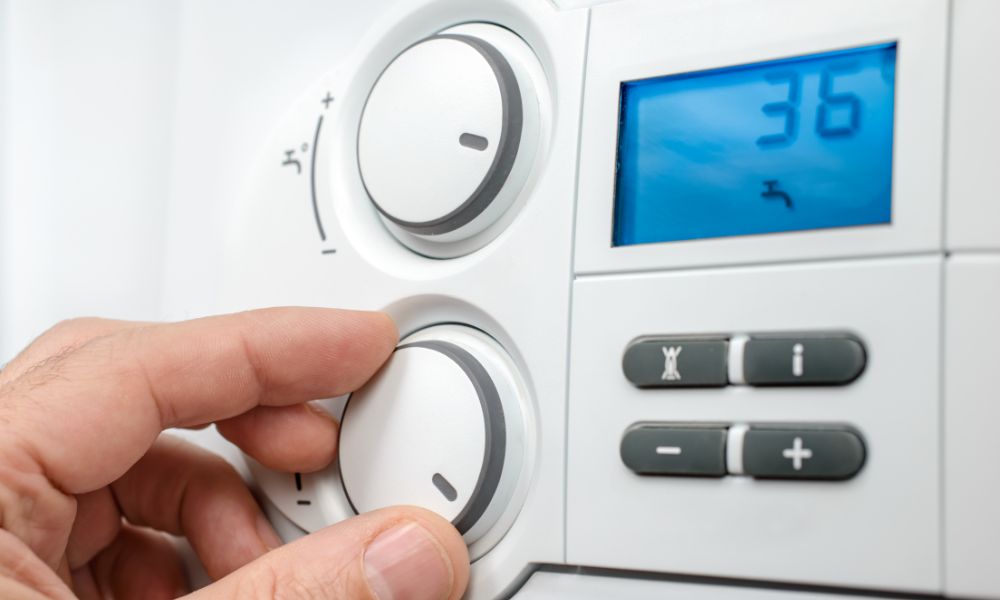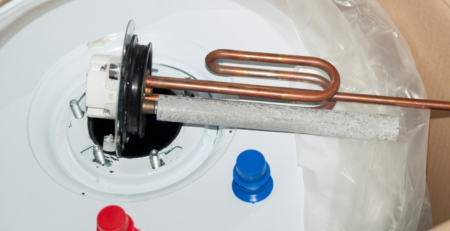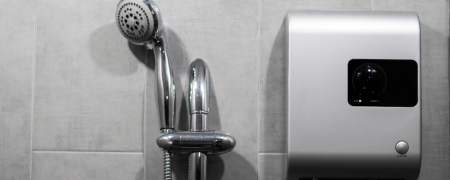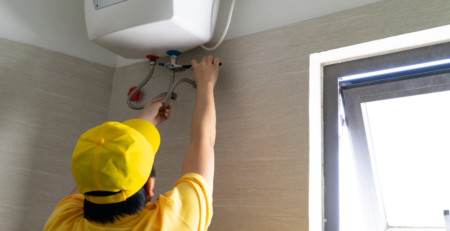Hot Water Boiler Tanks: The Backbone of Efficient Heating
In the realm of heating systems, hot water boiler tanks serve as the heart of countless homes and businesses, providing a reliable source of warmth and comfort. In this comprehensive guide, we will delve into what hot water boiler tanks are, how they work, the different types available, their advantages, and why they remain a cornerstone of efficient heating systems.
Understanding Hot Water Boiler Tanks
What Are Hot Water Boiler Tanks?
Hot water boiler tanks, often simply referred to as boiler tanks, are specialized vessels designed for the purpose of heating water to be used for space heating, domestic hot water supply, and various industrial processes. These tanks are a fundamental component of boiler systems, playing a crucial role in ensuring a constant supply of hot water.
How Do Hot Water Boiler Tanks Work?
The operation of hot water boiler tanks can be summarized in a few key steps:
- Water Supply: Cold water enters the boiler tank through a dedicated water inlet.
- Heating Mechanism: Within the tank, a heating element, typically powered by electricity or fueled by natural gas or oil, heats the water. This process raises the temperature of the water within the tank.
- Storage: The hot water is stored within the tank until it is needed for various applications, such as heating radiators, providing hot water for faucets and showers, or supporting industrial processes.
- Distribution: When hot water is required, it is distributed from the tank through a network of pipes and valves to reach its intended destination.
Types of Hot Water Boiler Tanks
Hot water boiler tanks, also known as hot water cylinders, are an important part of many homes and businesses. They provide hot water for heating and sanitation, as well as providing a constant supply of hot water for other uses. There are several types of hot water boiler tanks, which vary in size, construction, and functions.
The most common type of hot water boiler tank is the conventional or open-vented tank. This tank is the standard type in the majority of homes. It uses gravity to heat the water, drawing cold water from the tap and using energy to raise the temperature. This type of tank is usually made from a steel or stainless steel material and is usually located in the attic or basement of a house.
Another popular type of hot water boiler tank is the closed-vented tank. This type of tank is also known as a sealed system and has an airtight lid. It requires the use of a pump, which pumps cold water from the tap into the tank and then a heat exchanger which transfers the heat from the tank to the water, heating it up. This type of tank is often located outside the home and is more energy efficient than the traditional open-vented tank.
The next type of hot water boiler tank is the unvented tank. This type of tank does not use a pump or a heat exchanger, but instead relies on the pressure created by a constant supply of cold water to force the hot water from the tank. This type of tank can be found in many apartments and condos, as they are often smaller than their open-vented counterparts.
Finally, the most advanced type of hot water boiler tank is the indirect-fired tank. This type of tank stores the hot water in a separate tank and uses an insulated heat exchanger to transfer the heat from the main tank to the hot water storage tank. This type of tank is usually located in commercial buildings and is the most energy efficient type of hot water boiler tank.
No matter which type of hot water boiler tank you choose, it is important to follow the maintenance instructions given by the manufacturer. Proper care and maintenance will ensure that the tank will function properly and last for many years. Plus, regular maintenance will help save energy and money.
Now that we have a basic understanding of how hot water boiler tanks operate, let’s explore the different types available:
1. Conventional Tank-Based Boiler Tanks
These are the most common type of hot water boiler tanks. They consist of a large insulated tank that stores a predetermined amount of hot water. A heating element, typically located at the bottom of the tank, maintains the water temperature. These tanks come in various sizes to cater to different heating demands.
2. Combination Boiler Tanks
Combination boiler tanks, also known as combi-boilers, integrate the boiler tank and water heater into a single unit. This space-saving design is ideal for homes with limited space. Combi-boilers provide both space heating and domestic hot water from a single appliance, making them highly efficient.
3. High-Efficiency Boiler Tanks
High-efficiency boiler tanks are designed to minimize heat loss, making them more energy-efficient than traditional tank-based systems. They often feature advanced insulation and improved heating elements, resulting in lower energy consumption and reduced utility bills.
Advantages of Hot Water Boiler Tanks
Now, let’s delve into the advantages that make hot water boiler tanks a popular choice:
1. Reliable Hot Water Supply
Hot water boiler tanks ensure a steady supply of hot water, making them ideal for applications requiring consistent heating, such as central heating systems or commercial facilities.
2. Energy Efficiency
Modern boiler tanks are designed to be highly energy-efficient, helping to reduce energy consumption and lower heating costs.
3. Versatility
Hot water boiler tanks can be used for various purposes, including heating, hot water supply, and industrial processes, making them versatile additions to any system.
4. Customizable Temperature Control
Users have control over the temperature settings, allowing them to adjust the hot water temperature to their specific needs.
5. Longevity
With proper maintenance, hot water boiler tanks can have a long lifespan, providing reliable heating for many years.
Conclusion
In conclusion, hot water boiler tanks play a pivotal role in heating systems, providing reliable hot water for space heating, domestic use, and industrial processes. Their versatility, energy efficiency, and ability to deliver consistent hot water make them indispensable for countless homes and businesses.
Whether you’re considering upgrading your existing heating system or planning a new installation, hot water boiler tanks remain a solid choice for efficient and effective heating solutions.
For more insights into heating systems, energy efficiency, and home improvement solutions, continue exploring our website.








Leave a Reply